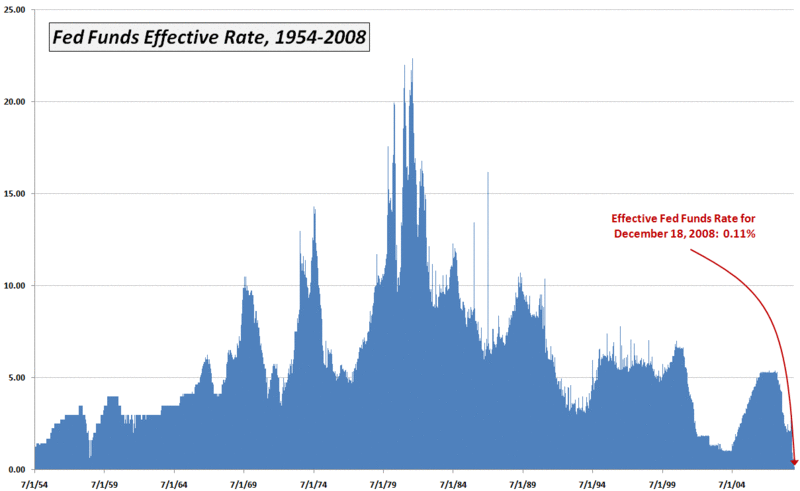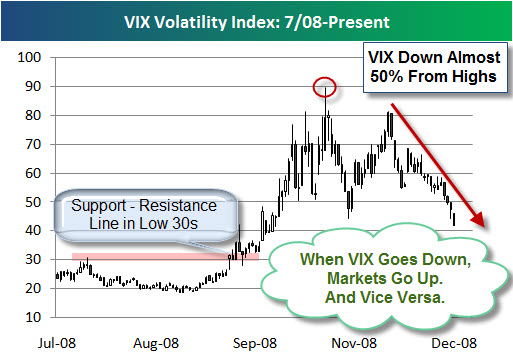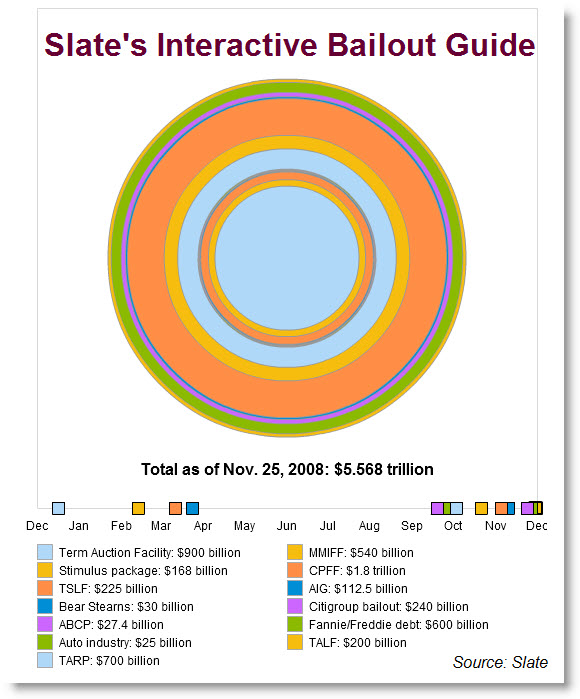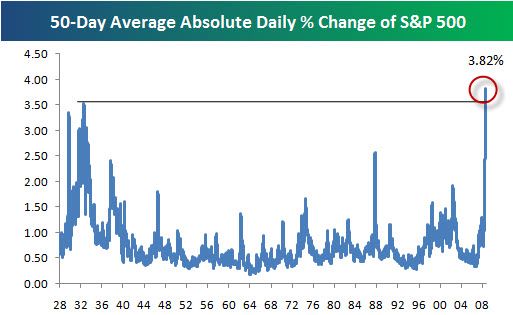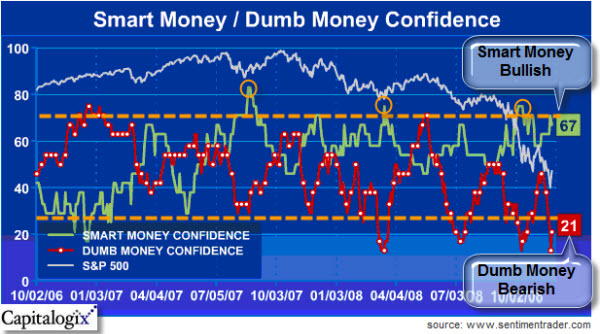This week I will keep the commentary light, just like the trading volume has been. Also, I put together a list of posts that I found interesting.
Quantitative Easing: Now that the Fed has effectively cut the target lending rate to zero, it only has one more weapon in its arsenal – Quantitative Easing. Here is an easily understood video explaining this.
Quantitative easing from Marketplace on Vimeo.
Here are a few of the posts I found interesting this week:
- For stores, a very un-merry Christmas. (CNN)
- Amazon had a happy holiday season. (BizJournals.com) and TechCrunch)
- Turn-about is fair play; Russian Professor Predicts End of USA (WSJ)
- Oil jumps above $39 as Israel-Gaza conflict widens. (Marketplace)
- Out With the Old, because Creative Destruction made it obsolete. (Lindzon)
And, a little bit extra:
- Is this the next hot item? Burger King Cologne Sold-Out. (Reuters)
- Are computer operating systems becoming extinct? (InfoWorld)
- Do you still read books? Electronic Book Readers are getting more popular. (NYTimes)
- This is Shaquille O'Neal; This is the Real Shaquille O'Neal on Twitter. (NYTimes and Twitter)
- Will Cow Flatulence Be Taxed to Combat Global Warming? (TheWeek)
- Bronx Mowgli Wentz, a name for a rock star or senator? (Fox)

